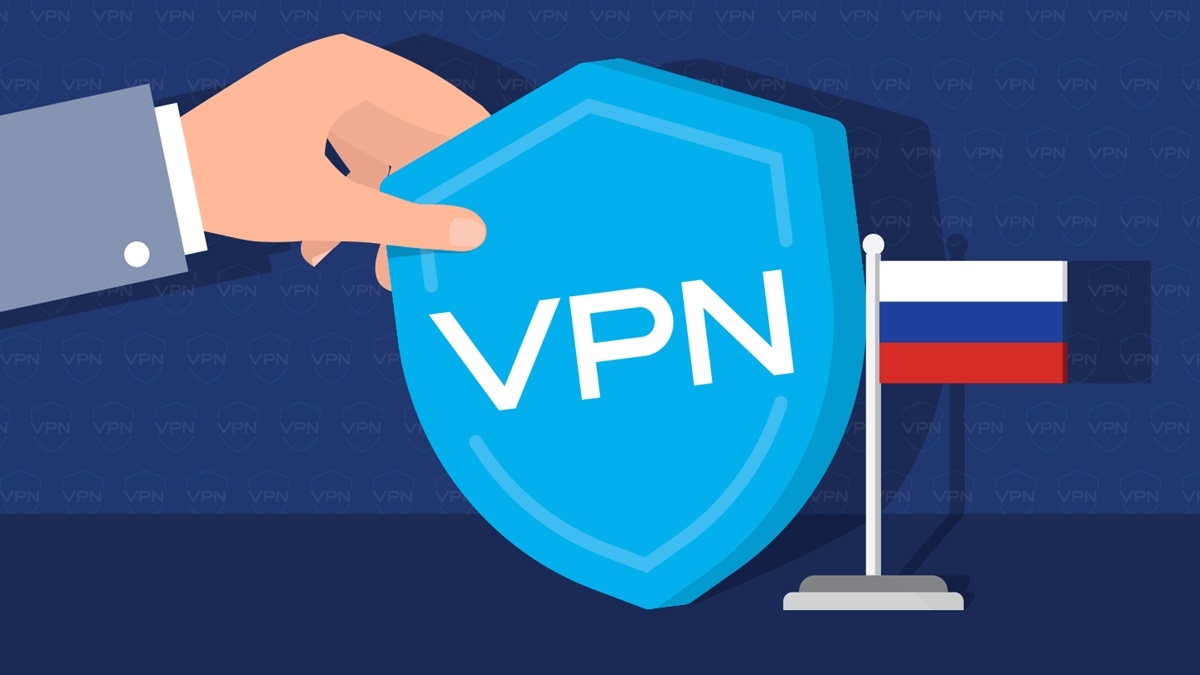Politic Climate Heats Up, So Does the Battle for Online Control
The political climate around the world is heating up, and with it, a battle for information is raging in the internet world. On one side, those involved in the Russia-Ukraine conflict are placing embargoes on publications that contradict their own views. On the other, the US and China are locked in a race to control information flow.
China’s close tracking of internet traffic within the country and the US and its partners’ pursuit of TikTok are a part of this race. In addition, governments concerned about the future of technologies such as ChatGPT that cross national borders are tightening their grip on the internet. This makes VPN services more important than ever before. However, as interest in these services increases, so does the pressure on them.
In the coming period, the latest news of VPN bans that we expect to hear from all over the world has come from Russia. Dismayed by people’s use of VPN services to circumvent strict internet surveillance, Russia has declared war on VPN services.
The Russian government has been taking a stance against these services for years and has now decided to tighten its sanctions further. Roskomnadzor, the agency responsible for telecommunications surveillance in Russia, has warned citizens about the dangers of using these services. According to the announcement by Roskomnadzor, these services promise a completely anonymous internet experience, but in reality, foreign powers can access all the data, untracked. Therefore, using these services endangers the personal information and security of Russian citizens, even opening the door to blackmail and manipulation.
The increasing pressure on VPN services shows how important it is to stay vigilant in online security and privacy. As a result, VPN services have become an essential tool for online protection in today’s political climate.
